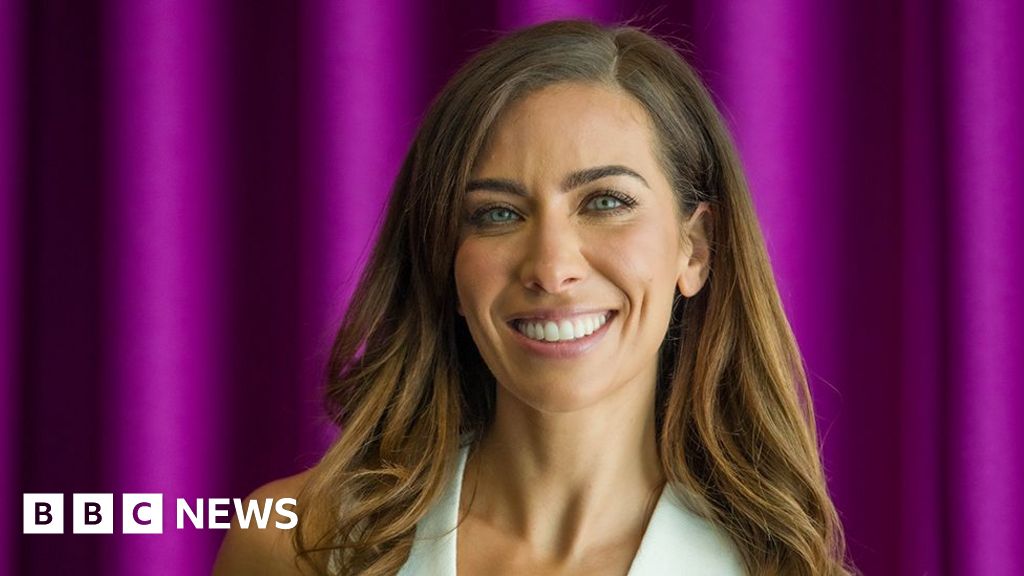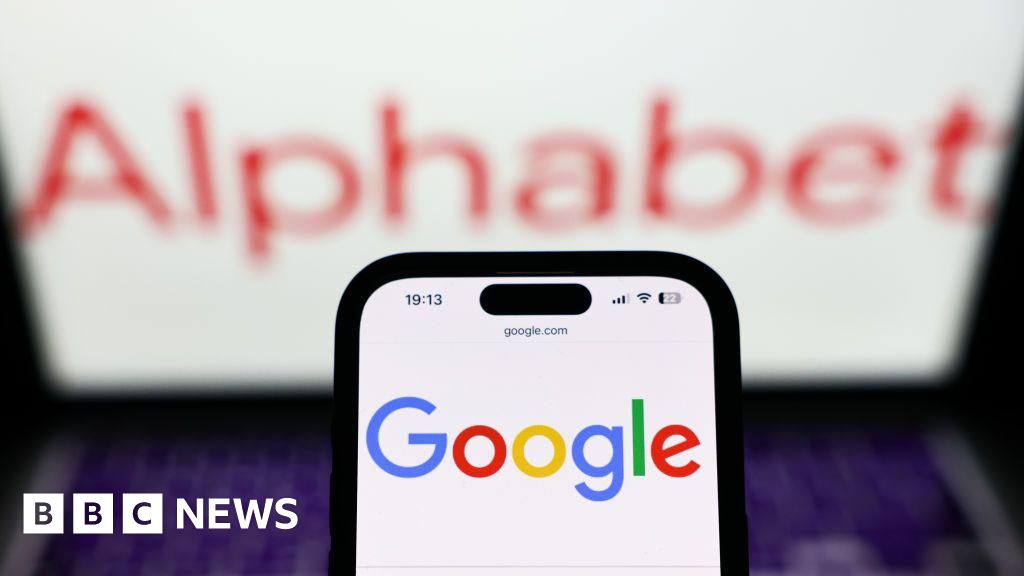ARTICLE AD BOX
By Shiona McCallum
Technology reporter
Dame Jessica Ennis-Hill says she could have been an even better athlete if she had trained around her periods.
Nearly 10 years after winning gold in the heptathlon, at the London Olympics, the mother-of-two is launching Jennis, a menstrual-cycle mapping app.
It aims to tell users how to use their hormones to their advantage by exercising in different ways at different times of the month.
But experts say everyone experiences their menstrual cycle differently.
'Gold-medal moment'
Dame Jessica remembers starting her period in the middle of the heptathlon at the Junior European Championships in Lithuania, in 2005.
"I was so preoccupied and worried that anyone was going to see that I started my period and that I didn't have the right protection to sort myself out," she said.
"I remember just running that 800m thinking I'm trying to run for a gold medal here but I'm also very aware that I've just started my period.
"I just rushed off the track and felt that I couldn't absorb that amazing, gold-medal moment.
"That was something that really stuck out to me as an athlete."
Jennis uses the four phases of the menstrual cycle to give exercise recommendations
Period tracking is a tool anyone who menstruates, not just professional athletes, could benefit from, experts say. There are a number of popular apps on the market, including FitrWoman, Clue and Flo.
For most, the cycle is about 28 days, with four phases, during which the two main sex hormones, oestrogen and progesterone, ebb and flow, producing varying levels of energy:
- The period phase: On the first day of a period, oestrogen and progesterone levels are at their lowest but begin a gradual rise - those with abdominal cramps are recommended stretching and yoga
- The follicular phase: In the week after a period ends, oestrogen levels begin rising quickly in preparation for ovulation - those feeling energised are encouraged to train and push their fitness
- The luteal phase: Around the time of ovulation, about 14 days before the next period for most, oestrogen levels peak - muscle building is recommended to increase endurance, with fat-burning exercise such as running, cycling and swimming
- The pre-menstrual phase: In the week before the next period, oestrogen and progesterone levels are falling and symptoms include mood swings, fatigue and bloating - those with anxiety are recommended a low-intensity workout, those feeling frustration something more high impact
The Jennis app lets users choose workout types
"Maybe if I would have spent more time understanding, particularly when to push myself in the strength room in that follicular phase, then perhaps I would have built more lean muscle and become stronger," Dame Jessica told BBC News.
"Who knows? That may have affected my performance in a positive way."
But Kelly Lee McNulty, who is studying the menstrual cycle's effect on exercise, at Northumbria University, said more research was needed.
"At the moment, the research is really in its infancy," she said.
"Only 6% of sport and exercise studies have been focused on women specifically.
"So that shows you the gap that we have in our knowledge base in terms of women's specific factors.
"There are only four major studies [into periods and exercise] and they were done in the 1990s - plus none of them were using blood sampling or those gold-standard methods.
"Moving forward, not only do we need to increase the quantity of research we're getting but we also need to make it better so we can get more accurate conclusions on female physiology."
'Being aware'
With so many factors that can influence menstruation - from stress and obesity to polycystic ovaries - Ms McNulty warned against "one-size-fits-all" advice.
"Women are on a spectrum," she said.
"Some won't get much benefit or notice any differences and some will notice massive differences in their performance and training.
"So it's about being aware of your own individual physiology."
The US women's football team head coach Dawn Scott said tailoring their diets and exercise around their periods helped optimise performance.
But for some, something about periods still feels taboo.
"I always remember it being an awkward conversation," Dame Jessica said.
"I had a male coach and it was predominantly a male environment.
"I remember having those small conversations of, 'I'm on my period, or I'm bit tired, or I'm not feeling 100%,' but never feeling fully confident about having an open conversation about how I felt and how it was making me feel when I trained.
"That was just something that was still very much a taboo and something that we didn't really focus on unless it was having a negative impact on my training."
'Little information'
Sarah Taylor, 45, who has been using the Jennis app for months, after coming into the perimenopause, said: "Given my age, I wanted to see how things were working with my body.
"I noticed how little information there is out there about women's health.
"It still seems to be a taboo to talk about periods - and especially the perimenopause.
"The dialogue is beginning to change though - and I want to be part of that."
The more data users feed the app, the Jennis team says, the more bespoke the algorithm becomes - and it will work for those on irregular cycles.
"It's definitely in its early stages - but we want to reach as many women as possible and help them understand their bodies and hormones," Dame Jessica said.

 2 years ago
56
2 years ago
56








 English (US) ·
English (US) ·